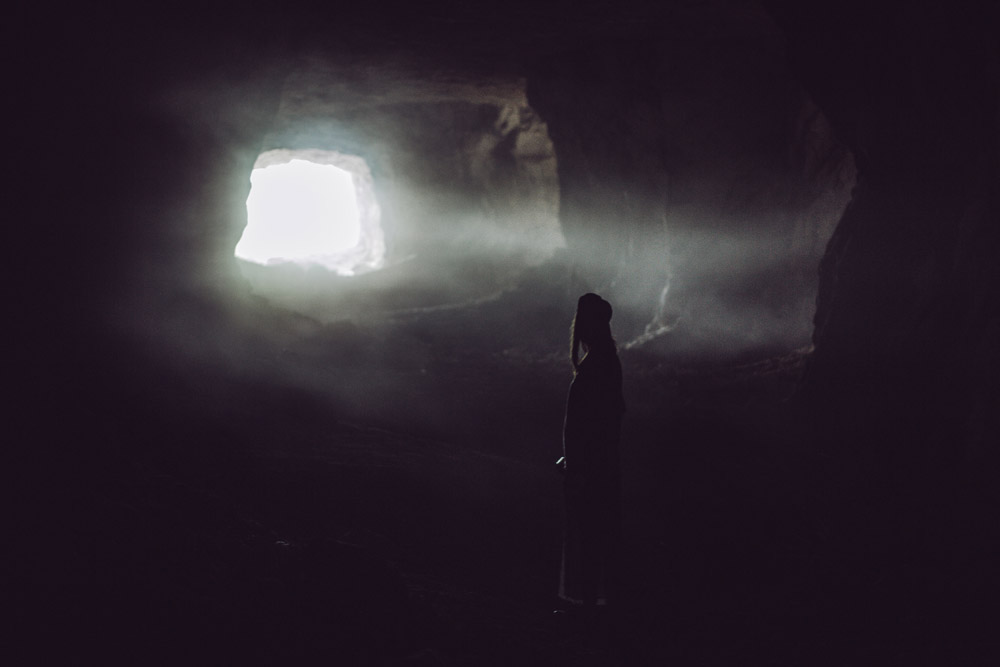August 30, 2019
Religion in Frankenstein: Dialectics of Authority
Note: the following article on religion in Frankenstein is a modified excerpt (pp. 110-111) from my doctoral dissertation, “Time is Everything with Him”: The Concept of the Eternal Now in Nineteenth-Century Gothic, which is available for free from the repository of the Tampere University Press. For a list of my other academic publications, presentations, etc. feel free to visit the relevant page on the main Home for Fiction website.
You can also find an article about religion in Charles Dickens’s A Christmas Carol and another about religion on Bram Stoker’s Dracula.
Religion in Frankenstein: A Secular or Religious World?
In the context of Frankenstein, a story replete with moral dilemmas and dichotomies based on otherness, it is perhaps not surprising to discover a multitude of religiously charged temporal dichotomies.
Punter and Byron argue that Victor, although a modern Prometheus (as the subtitle of the novel underlines), lives in “a notably secular world with no gods against whom to rebel, and … his search is conceived of in scientific terms” (2004, 199).

Although, strictly speaking, the novel does indeed describe a secular world in a scientific context, this description is somewhat misleading. In terms of patriarchal structures and authority, Victor most certainly rebels against “religion”, which is what the existing scientific paradigm in many ways was in the Romantic period.
Religion in Frankenstein: Allusions and Dichotomies
As Frankenstein is a novel in which creation is a central theme, religious allusions could not be expected to be absent. This is made explicit already at the very beginning of the text.
The presence of a religious register, with the words “heaven” and “Paradise” is repeated several times in the three pages of the letter, while one should not overlook the fact that the novel begins with a quotation from Paradise Lost: “Did I request thee, Maker, from my clay/ To mould Me man? Did I solicit thee/ From darkness to promote me? (Paradise Lost, X, 743–45. Qtd. in F 11).
In a novel replete with dichotomies, the word “darkness” should be examined in connection with the phrase “eternal light” on the following page.
The implication is between a temporal as well as moral conflict. It is also important to note that the novel ends with the words “lost in darkness and distance” (F 170) – a rather ominous conclusion, containing the possibility of relapse and return to an initial point.
Adding to that, Walton refers to himself as a poet/creator (F 14), which is a parallel to Victor being also a creator and, as he would probably think himself, an “artist” kind of scientist, that is, a pioneer inventor.
The first seeds of metatextual awareness are sown, subtly but clearly, as there is a direct association between writing and creating. In the context of the novel, this facilitates the generation of certain implications in regard to textual production. After all, the entire novel is based on non-objective viewpoints and textual arrangements.
Read more: Angelis, Christos. “Time is Everything with Him”: The Concept of the Eternal Now in Nineteenth-Century Gothic. Doctoral Dissertation. Tampere, Finland: Tampere University Press, 2017. Available from the repository of the Tampere University Press.
Works Cited
Punter, David, and Glennis Byron. The Gothic. Malden: Blackwell Publishing, 2004.
Shelley, Mary. Frankenstein. Hertfordshire: Wordsworth Editions Limited, 1999. Cited as F.
I don't show you ads, newsletter pop-ups, or buttons for disgusting social media; everything is offered for free. Wanna help support a human internet?
(If you'd like to see what exactly you're supporting, read my creative manifesto).
